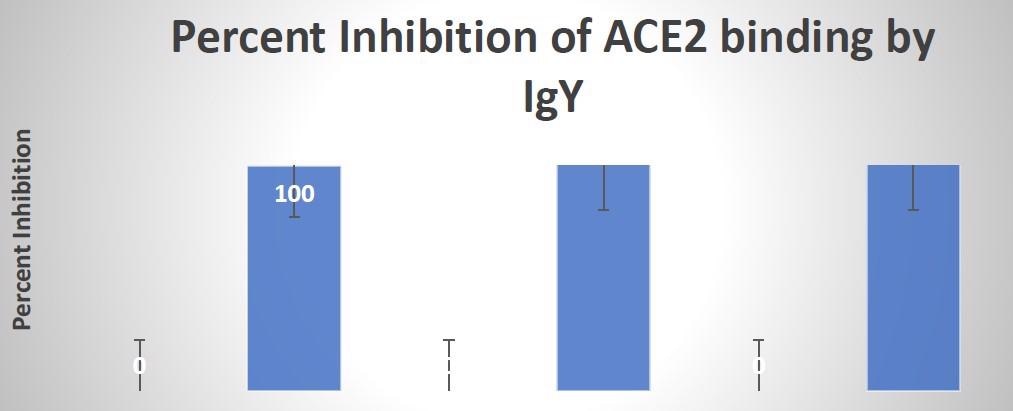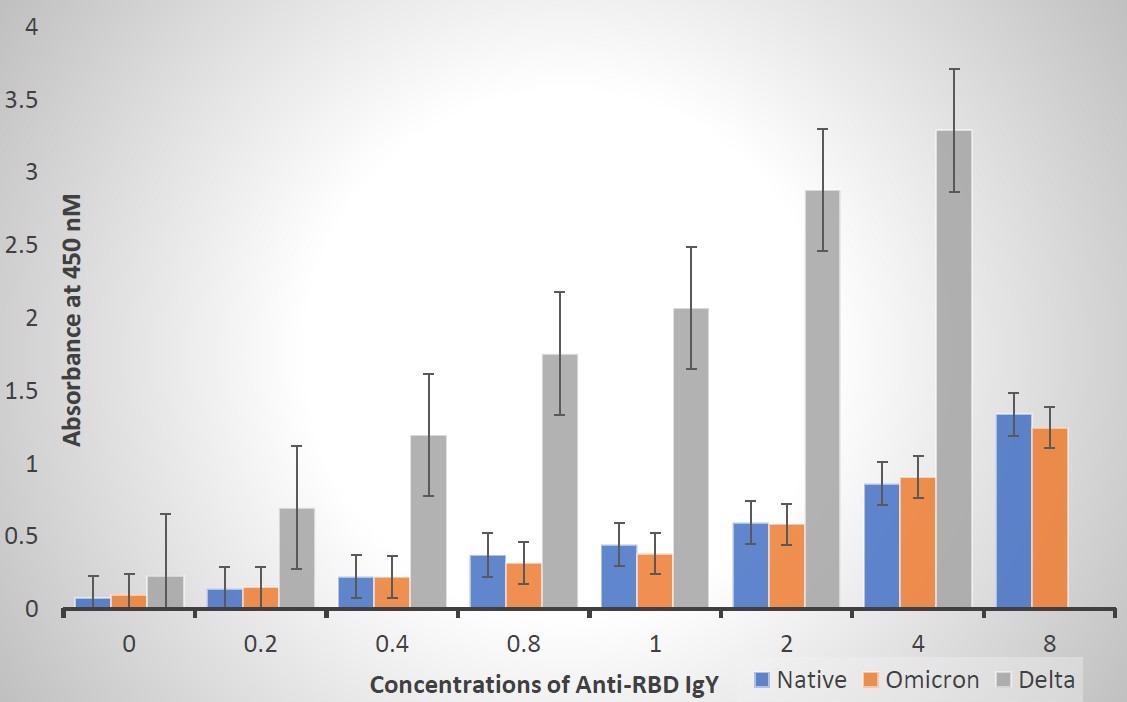The recent emergence of a new SARS-CoV-2 variant known as Omicron has triggered another wave of COVID-19 throughout the world. Omicron has been reported to possess 30 mutations in its spike proteins that help in higher transmission. Additionally, this variant was found to reside in the upper respiratory tract and not the lungs, unlike previous variants.

 *Important notice: bioRxiv publishes preliminary scientific reports that are not peer-reviewed and, therefore, should not be regarded as conclusive, guide clinical practice/health-related behavior, or treated as established information.
*Important notice: bioRxiv publishes preliminary scientific reports that are not peer-reviewed and, therefore, should not be regarded as conclusive, guide clinical practice/health-related behavior, or treated as established information.
Furthermore, Omicron escaped the neutralizing antibodies generated by most vaccines currently in use. In addition, several studies have shown that the Omicron receptor-binding domain (RBD) is not neutralized by antibodies produced in humans or by some monoclonal antibodies. In several countries, booster doses of the current vaccine have been approved to help curb Omicron infections. Their impact, however, is yet to be seen in controlling infections caused by Omicron.
A new study posted to the bioRxiv* preprint server reports on the development of anti-RBD immunoglobulin Y (IgY) antibodies from chicken eggs to block the binding of the viral RBD to human ACE2 receptors. This approach has several advantages since chicken egg-derived IgY can be edible and polyclonal can target multiple epitopes, enhancing neutralizing activity.

Native Vs Delta Vs Omicron dot blot data quantitation by ImageJ analysis
About the study
The study involved the preparation of anti-RBD IgY and was used at 5 mg/ml or otherwise indicated. Dot blot assay was carried out where the nitrocellulose was coated with ACE2 and biotinylated RBD to monitor the IgY binding. ELISA was also carried out to characterize the neutralizing activity of the anti-RBD IGY antibody.

Increasing amounts IgY binding to RBD variants - Different concentrations of Anti-RBD IgY binding to RBDs. All of the data points were at value of P<0.01 or better by Student’s t-tests compared between the control to binding various amounts of IgY
Findings
The results indicated that anti-RBD IgY could block the binding of Native, Delta, and Omicron RBDs to human ACE2. To test the use of anti-RBD IgY as an edible defense against the binding of the viral RBD to human ACE2, it was formulated in flavored beverages. It was reported that IgY could retain its neutralizing activity while being formulated as palatable beverage flavors against Native and Delta RBD.
For Omicron RBD, raspberry, peppermint, and strawberry flavored beverages were found to be most potent, followed by chocolate strawberry and lemon flavors. Although IgY was found to bind all the three RBDs of Native, Delta, and Omicron, binding was found to be five times higher in the case of Delta RBD.
The current study demonstrates that IgY antibodies generated from chicken eggs were capable of neutralizing Delta, Omicron, and Native SARS-CoV-2. Furthermore, being edible, IgY can be incorporated into several flavored beverages where they were observed to retain their neutralizing activity. Therefore, these beverages can be used as drinks or oral mouthwashes and serve as prophylactics in unvaccinated and vaccinated individuals.

 *Important notice: bioRxiv publishes preliminary scientific reports that are not peer-reviewed and, therefore, should not be regarded as conclusive, guide clinical practice/health-related behavior, or treated as established information.
*Important notice: bioRxiv publishes preliminary scientific reports that are not peer-reviewed and, therefore, should not be regarded as conclusive, guide clinical practice/health-related behavior, or treated as established information.
Journal reference:
- Preliminary scientific report.
Meher, K. et al. (2022). Edible formulations of chicken egg derived IgY antibodies neutralize SarsCoV2 Omicron RBD binding to human ACE2. bioRxiv. doi: https://doi.org/10.1101/2022.02.21.481267.